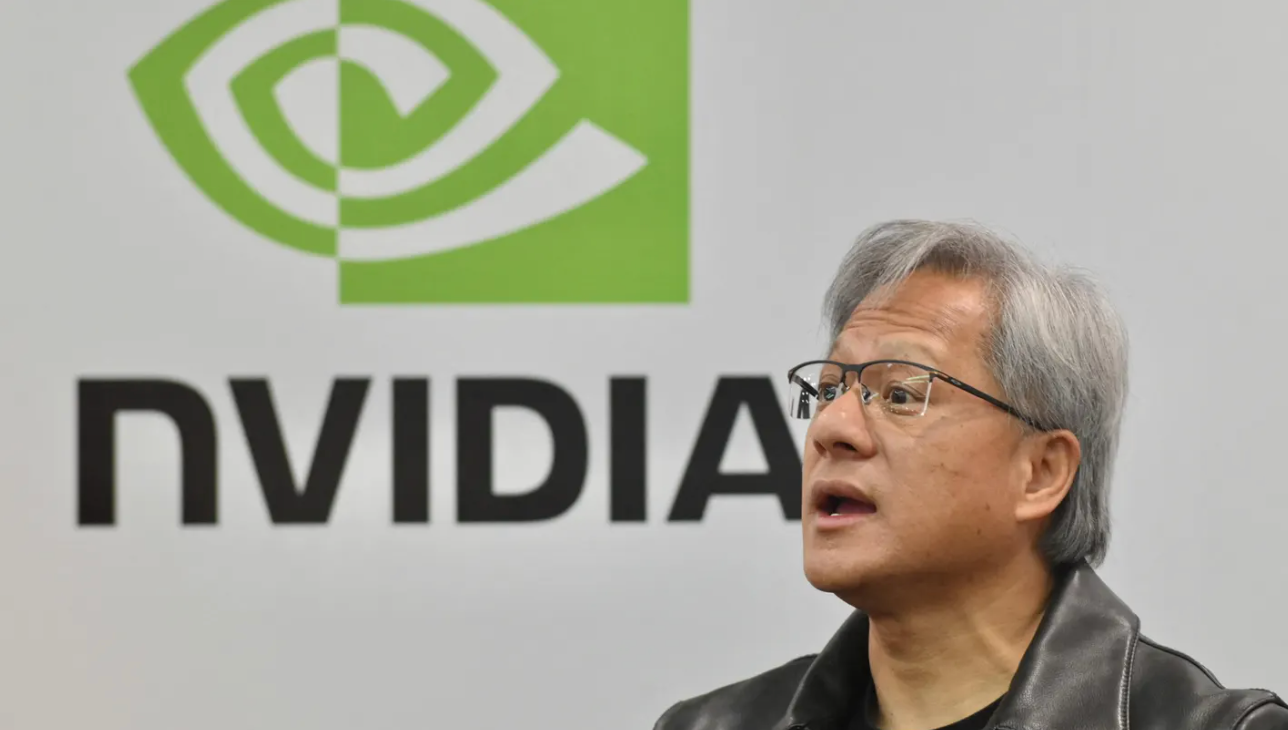
Nvidia's Blueprint for Artificial Intelligence Dominance
Nvidia's Blueprint for Artificial Intelligence Dominance
A crisis is looming in artificial intelligence development. By 2026, the world will face a severe shortage of training data – the lifeblood of AI systems. But while others see an insurmountable challenge, Nvidia sees an opportunity to reshape the entire AI landscape.
We're witnessing a masterclass in strategic positioning. Nvidia's recent surge in AI startup investments – 49 funding rounds in 2024 alone, up from 34 in 2023 – isn't just about spreading capital. It's about architecting the future of AI development itself.
The company's latest innovation, the 'Cosmos' platform, represents something far more significant than just another tool in the AI ecosystem. It's a fundamental shift in how we approach AI development, one that could effectively eliminate the impending data crisis before it even begins.
Think about it. Every autonomous vehicle needs millions of hours of driving data. Every robotics system requires countless examples of human movement and interaction. The traditional approach of collecting this data from the real world is becoming increasingly unsustainable.
This is where Nvidia's vision becomes crystal clear.
By creating synthetic data that's indistinguishable from real-world information, Cosmos isn't just solving a technical problem – it's democratizing AI development itself. The platform's ability to generate artificial video footage based on real-world physics means companies no longer need massive datasets to train their AI systems.
But here's what makes this truly fascinating: Nvidia isn't just building tools; they're creating an entirely new ecosystem. Their $100 million investment in OpenAI, as part of a $6.6 billion funding round, shows they understand that the future of AI isn't about individual companies – it's about interconnected systems working in harmony.
The implications are staggering. When combined with Nvidia's Omniverse software, Cosmos creates what we might call a "training multiverse" – endless variations of scenarios and environments that AI systems can learn from. This isn't just simulation; it's evolution accelerated.
What's particularly clever about this approach is how it addresses multiple challenges simultaneously. The obvious benefit is solving the data scarcity issue. But look deeper, and you'll see how this also democratizes AI development. Smaller companies and startups, previously locked out due to data acquisition costs, can now compete with tech giants.
We're already seeing the ripple effects. Companies developing autonomous vehicles can now test their systems in millions of virtual scenarios without putting a single car on the road. Robotics firms can train their systems to handle complex tasks without building expensive physical prototypes.
The investment pattern tells us even more about Nvidia's strategy. They're not just backing any AI startups – they're specifically targeting what they call "game changers and market makers." This selective approach suggests they're not just building tools; they're cultivating an ecosystem of innovation.
Looking ahead, we can expect this strategy to accelerate AI development in ways previously thought impossible. The combination of synthetic data generation and strategic investments creates a feedback loop: more data leads to better AI systems, which in turn creates demand for more sophisticated data generation capabilities.
But perhaps the most intriguing aspect is what this means for the future of AI development itself. We're moving from a world where data scarcity limits innovation to one where the only limit is our imagination. The implications for industries ranging from healthcare to urban planning are profound.
The real genius here isn't just in solving today's problems – it's in anticipating and preventing tomorrow's challenges. While others are scrambling to collect more data, Nvidia is fundamentally changing how we think about data itself.
This isn't just about maintaining technological leadership; it's about reshaping the entire landscape of AI development. And if current trends continue, we might look back at this moment as the point where AI development truly became accessible to everyone, not just tech giants with massive data centers.
The question isn't whether this approach will work – it's how quickly the rest of the industry will adapt to this new paradigm. As we move forward, those who understand and embrace this shift will find themselves at the forefront of the AI revolution.
In the end, Nvidia's strategy isn't just about solving the data crisis – it's about ensuring that when the future of AI arrives, they'll be the ones who helped write its rules.

